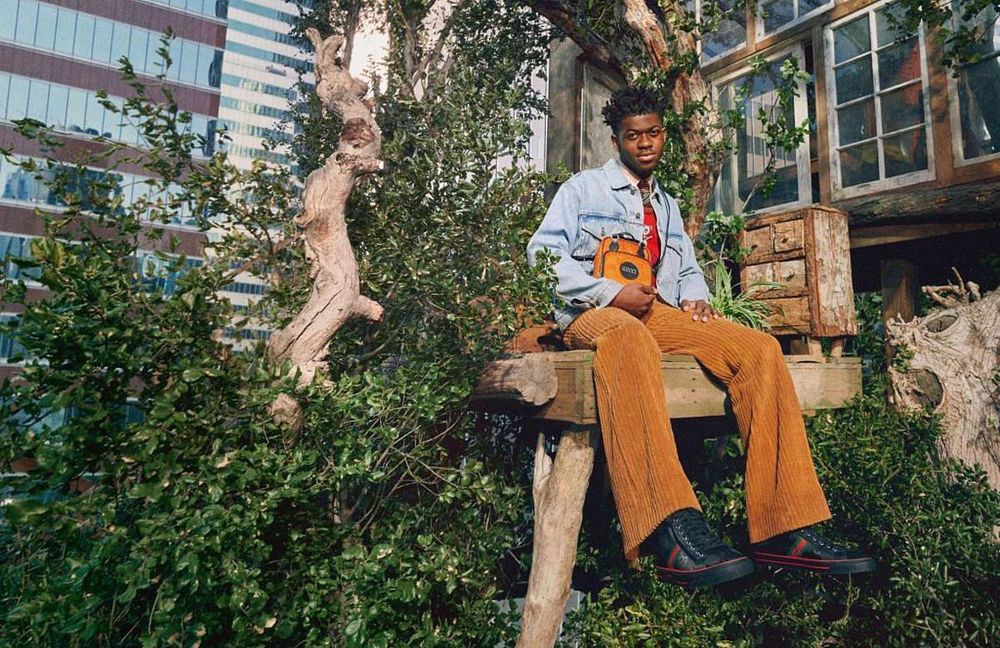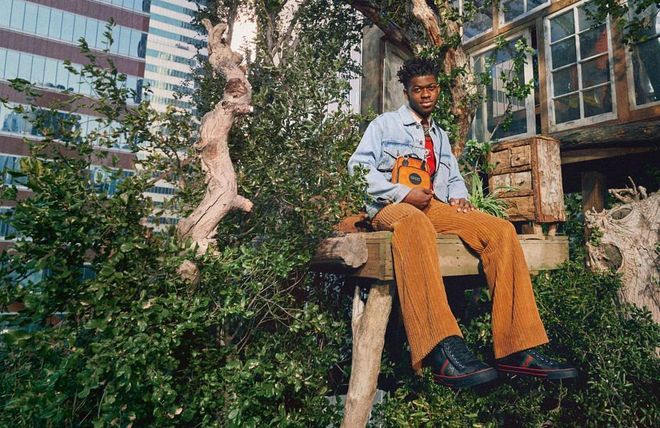EIC Kenneth Goh On Sustainability In The World Of Fashion
From Gucci and Prada to homegrown online rental service Style Theory


Photo: Courtesy
EIC Kenneth Goh On Sustainability In The World Of Fashion
In recent years, the term sustainability has become somewhat of a buzzword in industries all over the world, namely in fashion. From how a product is designed and manufactured to produce zero waste to brands talking about reducing their carbon footprint, the movement was headed in the right direction—seemingly, at least. However, as more brands aim to include sustainable business practices in their modus operandi, the definition of the term started becoming wider and more vague with a lot of brands simply paying lip service to jump on the bandwagon to increase sales and appeal to millennials—the demographic most sensitive to the issue.
Here, Harper's Bazaar Singapore Editor-in-Chief Kenneth Goh cuts through the noise and discusses the intersections of fashion and sustainability, as well as the brands that are actually putting their money where their mouths are on One FM 91.3 with DJ Angelique Teo.
1. Gucci
Gucci recently launched its Off the Grid collection under its Gucci Circular Line initiative. The Gucci Circular Line builds on the circular economy model, where manufacturers and brands explore ways to use and reuse materials and unwanted products so as to extend the products’ life cycle, as well as ensure our planet’s survival for future generations.
2. Burberry
The British luxury fashion house is embracing sustainability with its ReBurberry Edit collections, featuring 26 styles from its spring 2020 collection which are crafted from the latest sustainable materials available.
The collection includes a selection of trench coats, parkas, capes, accessories and eyewear created from recycled materials, fabric scraps, industrial plastics, and organic content. The edit also features pistachio-coloured sustainability labels that list ‘positive attributes’ of the products, such as the amount of organic content or recycled natural fibres used, delivery against carbon emissions standards at production facilities, and social initiatives such as fair compensation of workers.
The brand first committed to sustainability as its core mission in 2004, and went on to issue a five-year Responsibility Agenda in 2017, designed to drive positive change and build a more sustainable future. It also staged its first ever carbon neutral show for fall/ winter 2020 at London Fashion Week.
3. Prada
Last year, Prada also unveiled plans to combat global warming with their new clean nylon. It’s Prada’s new project featuring a brand new regenerated nylon called ECONYL, which is created by recycling and purifying plastic found in waste collected from oceans, fishing nets, and textile fiber waste.
More importantly, this regenerated nylon can be recycled infinitely with no loss in quality, using special depolymerisation and re-polymerisation processes. To introduce the material to their client base, Prada is launching a line of their most-loved bags reworked in ECONYL. The new line includes six classic, unisex styles: the belt bag, the shoulder bag, a tote bag, a duffle, and two Prada backpacks.
4. Net-a-Porter
Net-a-Porter is giving innovative brands that focus on sustainability visibility. To that end, Net-a-Porter launched a new category on its site called Net Sustain, which focuses on sustainability and aims to give a voice to the considered, authentic and innovative brands that are truly making positive changes by providing them with a platform to highlight their best practices.
To be eligible for inclusion, brands must meet one or more of five key attributes the online retailer has created, which take into account human, animal and environmental welfare, and align with internationally recognised best practices in the fashion and beauty industries.
5. Style Theory
Singaporean online rental service Style Theory is Southeast Asia’s largest online subscription-based designer fashion rental service that lets women build an infinite wardrobe in an affordable, convenient and sustainable manner. Which means that you don’t have to spend money buying clothes that you’re going to wear only once.
6. Fashion Pulpit
Fashion Pulpit is a platform to swap, up-cycle and mend items through events, workshops, movie screenings and so on—to prolong the lifespan of clothes instead of buying new.